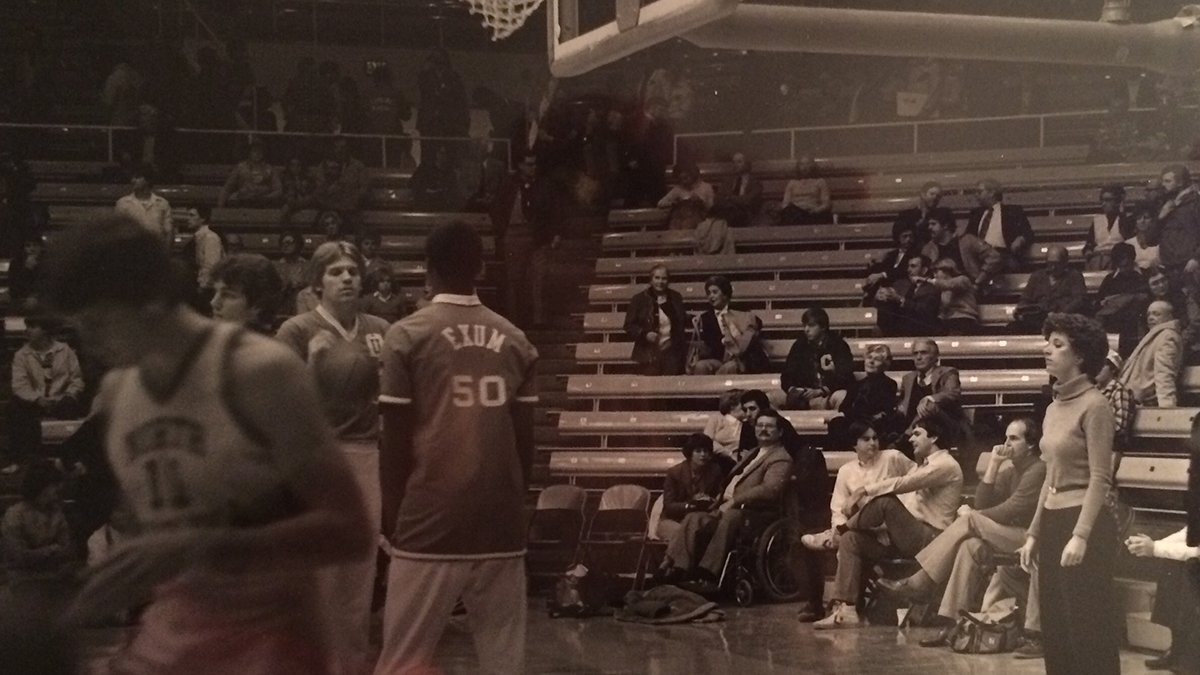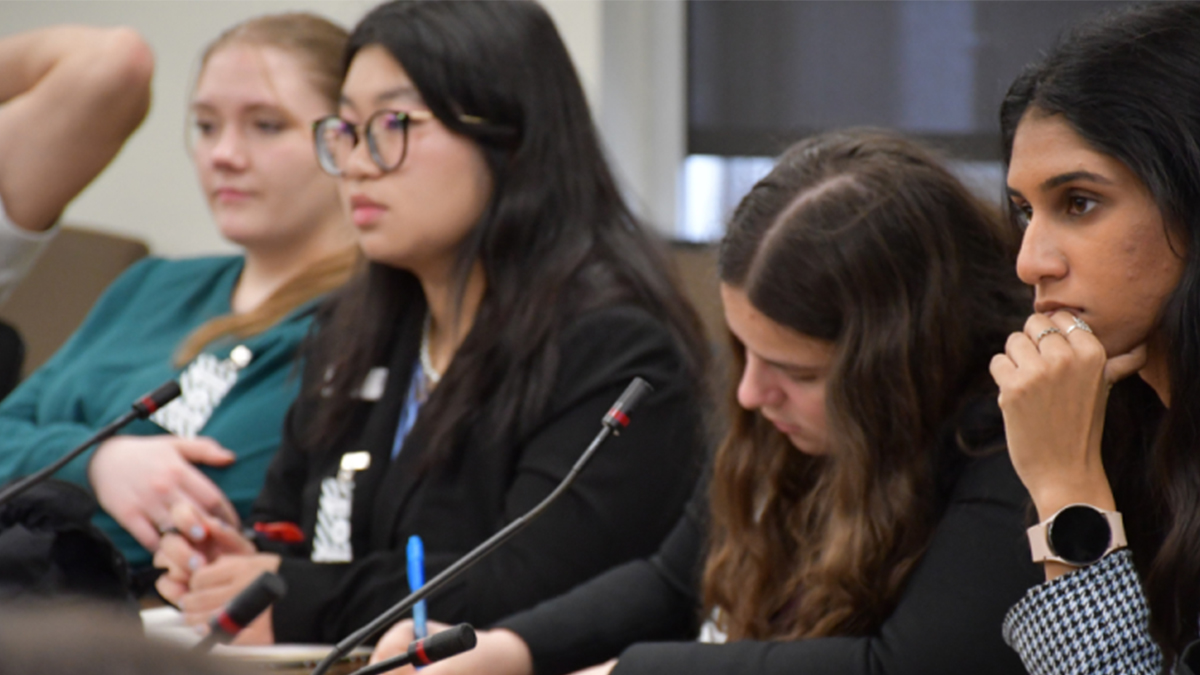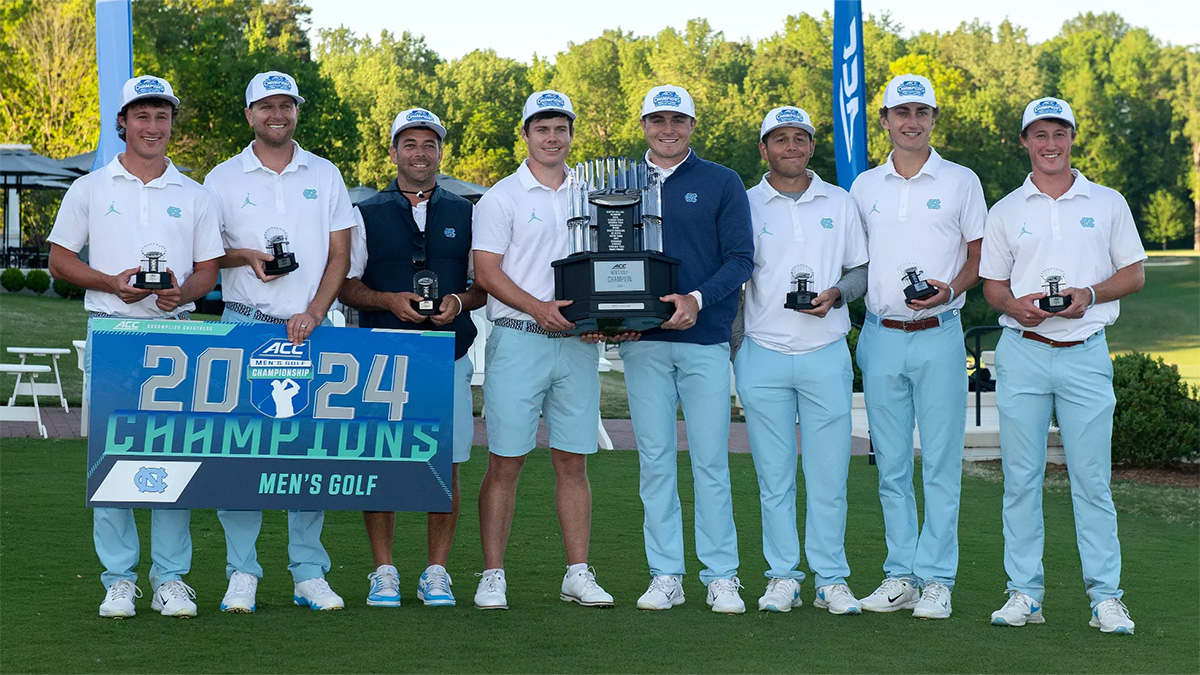‘The right thing to do’
The Tar Heels became one of the first collegiate basketball programs in the country with a female manager for a men’s varsity team when Dean Smith hired Julie Loos in 1982.

A lifelong Tar Heels basketball fan, Julie Dalton Loos knew she wanted to be connected to the University of North Carolina basketball program when she arrived in Chapel Hill as a freshman in 1979.
After an attempt to join the cheerleading squad failed to get Loos courtside, she took more drastic measures: she wrote coach Dean Smith a letter to ask if he could use front office help – or if she could possibly join the team as a manager.
Two weeks later, Loos received a letter back from Smith with an invitation to interview. Two years later, she was sitting on the bench with the varsity team — just a few spots down from Michael Jordan.
It was yet another way that the late Smith, who helped desegregate the Atlantic Coast Conference with the recruitment of Charlie Scott in 1967, continued to change the norms. The Tar Heels became one of the first collegiate basketball programs in the country to hire a female manager for a men’s varsity team.
“[Smith and assistant coach Bill Guthridge] didn’t go out of their way to do it because it just seemed normal to them,” said Chuck Duckett, a team manager from 1978 to 1982 who is a current member of UNC-Chapel Hill’s Board of Trustees. “It was important because it was the right thing to do. I don’t think either one of them were doing it to be noticed. I think they were just doing what they thought was right.”
Loos began working as a manager for the JV team in 1980 and was invited to be a statistician for the varsity team the following year. But when the head JV manager was promoted to the varsity team, Loos was instead selected as the head manager of the JV squad and reported to Duckett.
“I almost chickened out,” said Loos, who now works for a campus ministry called Ratio Christi. “I was so nervous I was the only girl there, but it was one of the best decisions I ever made. It has been a huge blessing in my life. The life lessons learned through Coach Smith, through being part of the team, still impact me.”
In 1982, Loos was promoted to varsity team manager, where she did what she called the “grunt work” of inflating basketballs, sorting through newspapers for recruiters and setting up the visitor’s locker room.
“[Smith] never really talked to me about being the only girl,” the St. Louis resident said. “The only thing that I do remember is when we took the team picture my senior year, he said ‘Julie, this is a first.’”
Loos’ experience as a varsity manager paved the way for other women looking to be part of the basketball family. In 1986, Janet Webster became the first woman to travel extensively with the varsity men’s basketball team.
“I played basketball my whole life and I had an opportunity to go play at West Point, but I really loved Carolina and had always dreamed of playing at Carolina,” Webster said. “When I was outside playing with imaginary players, I always pretended to be Phil Ford. I was just a big Carolina basketball fan, so it was a dream come true for me that as a female I was able to participate in the men’s varsity team.
“It was basically like having a team full of brothers. Then Coach Smith, Coach Guthridge and Coach [Roy] Williams were like your dads to look out for you.”
Webster served as a manager for the JV team before becoming the varsity squad’s autograph manager her sophomore and junior years. As a varsity manager in 1986, Webster traveled to all the team’s away games.
“It was a dream come true for me to able to watch Coach Smith and see how he ran the program,” said Webster, now the director the Western Regional Educational Service Alliance in Asheville, N.C. “That’s made such an impact on what I’ve done. He is the epitome of a good teacher and a good man.”
Loos and Webster were both welcomed into the “Carolina basketball family,” and still keep in touch with other managers, players and coaches from their years on the Tar Heel bench.
“It was fairly well accepted,” said Rick Brewer, the sports information director at the time. “If Coach Smith was going to make a decision to do that, there was certainly no one else who was going to question that.”
The female managers were not allowed in the locker room at certain times and couldn’t live with the rest of the team, but otherwise had very few limitations to what they could do.
Said Duckett: “There was a little coordination, but it wasn’t exclusionary, it was figuring out how to be inclusionary,”
Duckett said he believes the situation is an extension of Smith’s famous quote: “You should never be proud of doing what’s right. You should just do what’s right.”
The decision to welcome women managers wasn’t to make a statement, but rather to get the best available people into the manager roles, he said.
“I was very conscious about the fact that I was the only girl there,” Loos said. “I made sure that I worked extra hard, that there would be no reason they could fault me, that my work had to be exceptional and stellar. I think I proved myself to them.
“Everybody was important from the least senior manager to the next NBA-bound basketball player. … It speaks to Coach Smith’s character that everybody is of value and everybody should have a chance. As long as I could do the job, there was no reason I shouldn’t be there.”




